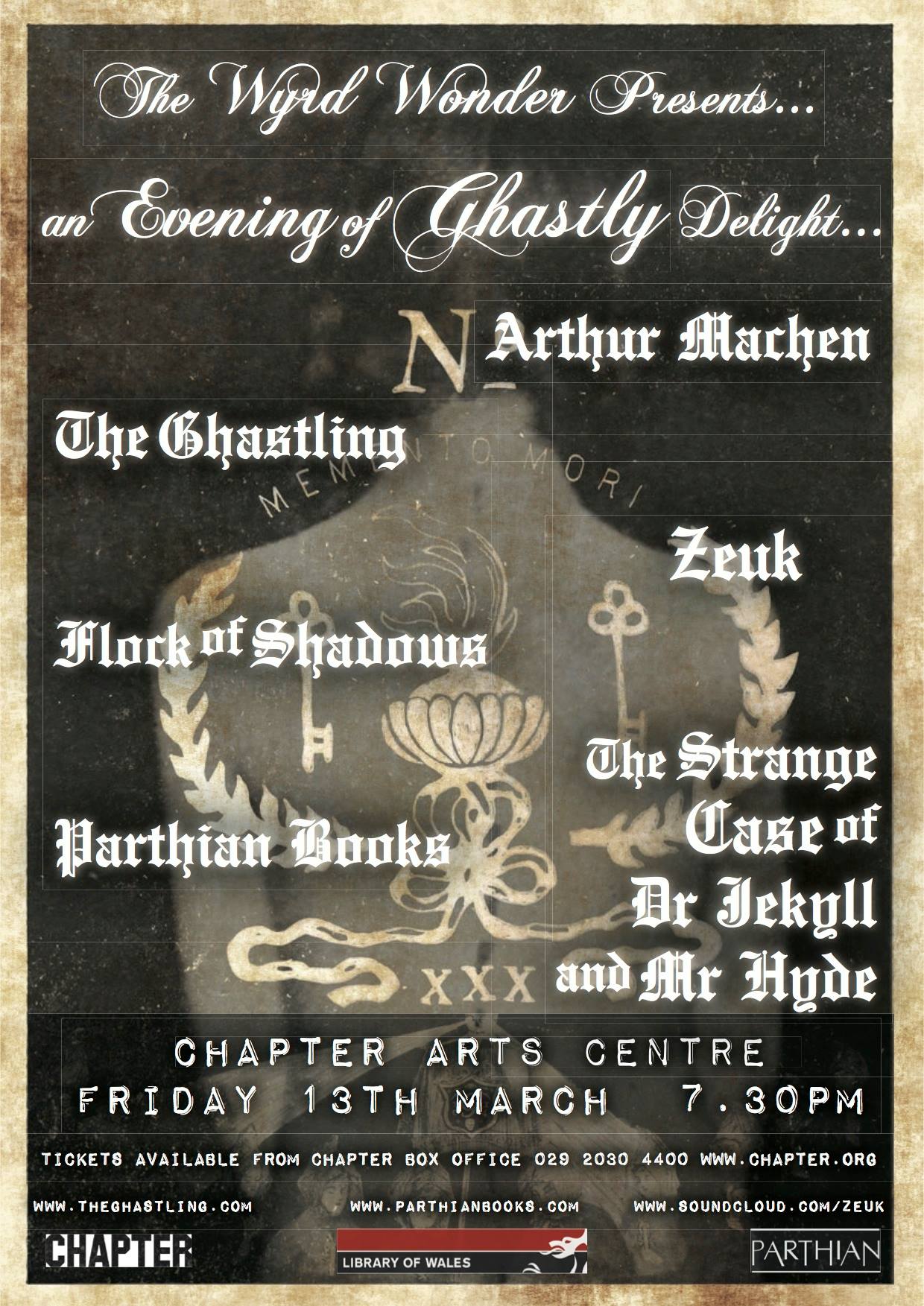‘The Space Between Things’ by Charlie Hill
-Reviewed by Martin Macaulay-
Like a time-lapse recording, a sound recording, of a period and time when people were drawn together by a combination of narcotics, techno and a swelling anti-establishment noise-mongering, Charlie Hill’s The Space Between Things vividly documents a growing counter-culture movement. The account is fictional but so grounded in early-90s historical accuracy that it is difficult to believe that this story didn’t occur. Hill writes with a charm that doesn’t alienate the reader who is either too young to remember or was just never part of the scene at the time.
The Space Between Things is a story about people. About how we find people and lose people. Sometimes, it’s not until they are gone, or in danger of slipping away, that we appreciate the role they have had on shaping our existence and world view. Arch and Vee spend the night together after meeting at a party. When he awakens, she has left. They are both out with their respective partners when they bump into each other the following day. Ella, Arch’s girlfriend quickly figures out what happened the previous night and dumps him. It takes some time for Vee to make an appearance again, but during her absence Arch finds himself replaying things she said to him the night they were together. The Space Between Things explores a spectrum of politics and questions individual and collective commitment.
Arch is a bit of a dabbler, in blow, music and poetry. He lives in Moseley where the ‘young radicals’ once lived and a place which ‘had the political in its petals. Back then, everyone was trying to make sense of the world…There was even a culture you could counter.’
But the fight has been sucked out by more than a decade of Tory rule. Thatcher has just resigned and an air of directionlessness permeates:
‘…by the time she’d gone she’d won. They’d won. Worn us all down. There was no politics.’
Instead the inhabitants of Moseley turn to partying. There is an open house culture. Arch moves from party to party, and we meet a kaleidoscopic array of Moseley’s residents. The variety of drugs increases and Arch’s musical tastes develop. The parties become more sophisticated, sound systems are ferried across locations. When Arch decides to go to a free festival in Castlemorton his outlook is changed forever. It’s not just the combination of ecstasy and techno; it’s the realisation of what people can do when they work together – a free festival:
‘Fuck Glastonbury,’ says Sorrell, ‘Glastonbury’s all about money, yeah? This is about love and respect. And party people.’
People across cultures are brought together: the travellers and the ‘scallies’ or as Arch is corrects, the ‘cheesies…cheesy quavers – ravers.’ In two days of discovery, of techno and ecstasy, he recognises there is a bond amongst the people. They have a sense of unity and togetherness. Eventually when the police come to dismantle the site, people stay behind to help the local council with the clean up, strengthening Arch’s belief in community and the possibility of a new political movement. Unfortunately rave culture has become staple fare for the mainstream media and this has got the Tory government worried. The Criminal Justice Bill seeks to destroy that which Arch and his mates partied so hard to create. Partying has reawakened their political activism.
Arch receives a postcard from Vee postmarked Split and we get our first inkling that she has a different set of political priorities. When she returns, it’s through the silences of her time in what was formerly Yugoslavia that we begin to piece together the hidden narrative. The juxtaposition of what motivates people; erosion of personal liberties against humanitarian war crimes is neatly teased out. Arch’s arguments are genuine and real enough, yet poorly formed and ill-thought through. Vee is frustrated at the level of engagement he and his Moseley-ites have with the outside world:
‘What gets my goat is that some people, people like you Arch, for Christ’s sake, supposedly sussed, politically active educated people, people like Moseley, are so precious and cosseted and wrapped-up in themselves that they’ll march for the right to party but need stirring-up about genocide.’
The author never brow-beats and it’d be wrong to think that this is a tub-thumping novel. It is anything but. The characters may be loosely sketched but they are oh-so vibrantly drawn. The names evoke classic comic creations: Nervous Mark, Jimmy Wibble, Shifnal Phil and Little Bill. The dialogue is energetic and the novel races along effortlessly. In places the novel is very humorous if not bewitchingly funny:
‘I don’t trust him. He has the conviction of the dim.’
…
‘I know what you mean,’ I said, ‘there’s definitely something missing. And all that running around he does. He’s got far too much energy if you ask me. He’s a bit like a more sinister version of Kenny Loggins, on the quiet.’
At its heart though, The Space Between Things is about Vee and the impact she has on Arch’s life. Early on she cautions against the Beat movement, or rather ‘what it’s become. That whole Beat vibe’s just a bit of an excuse for self-indulgence now, isn’t it?’ It’s a note that resonates loudly at the end of the book. Educate yourself and choose your battles carefully. Make it your duty to know. Don’t just accept what you are palm-fed, and if you are ready to commit, make sure it’s for a worthwhile cause. The Space Between Things is an accomplished and relevant novel which deserves to be widely read.
[Charlie Hill will be co-hosting the PowWow LitFest in Birmingham on September 23rd, an event featuring Joel Lane, whose work has been reviewed by Sabotage last year – Ed.]



